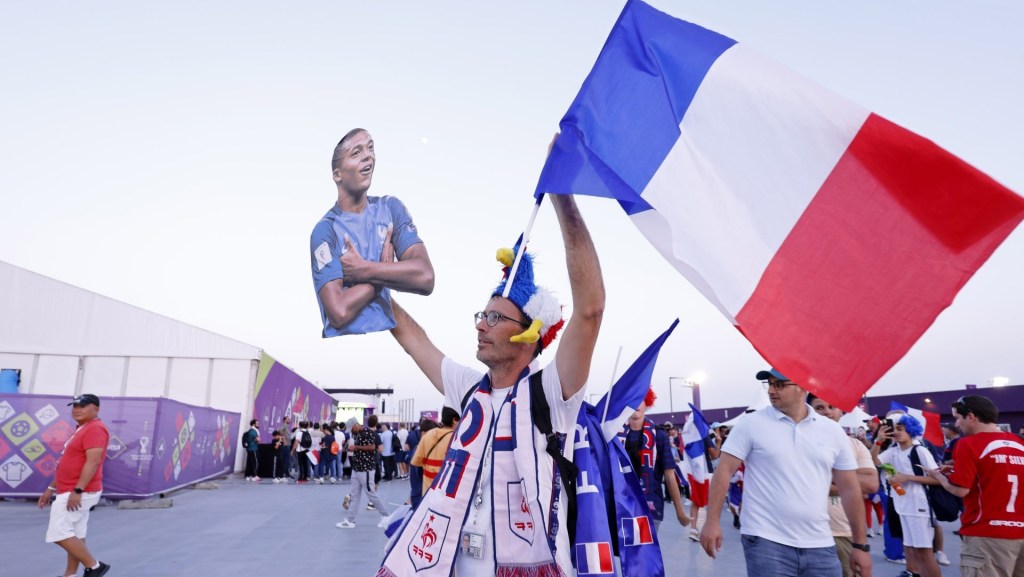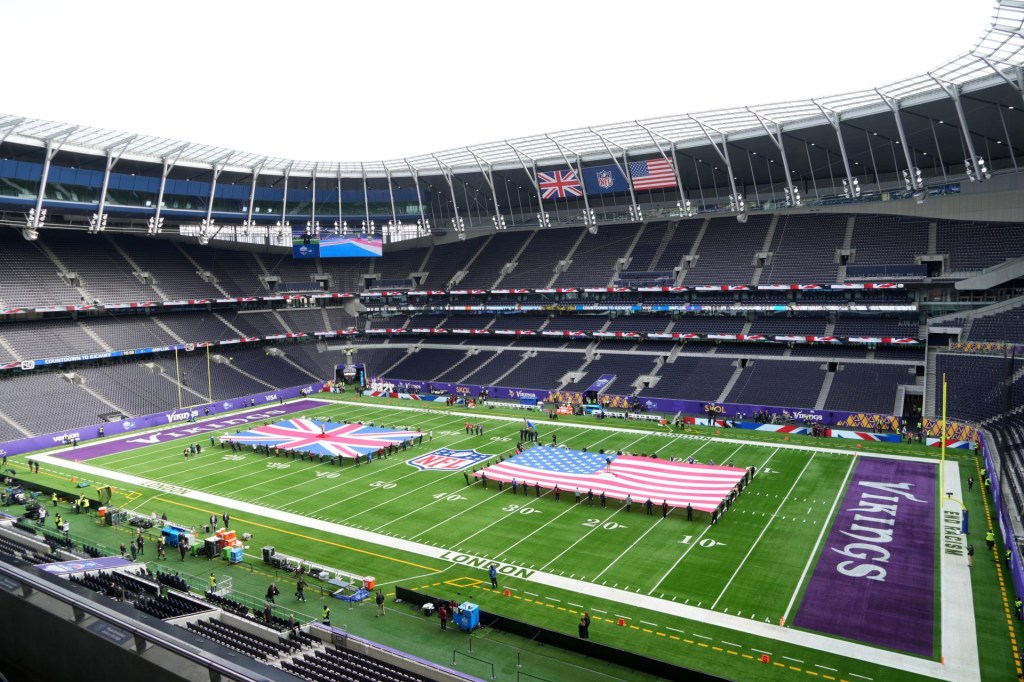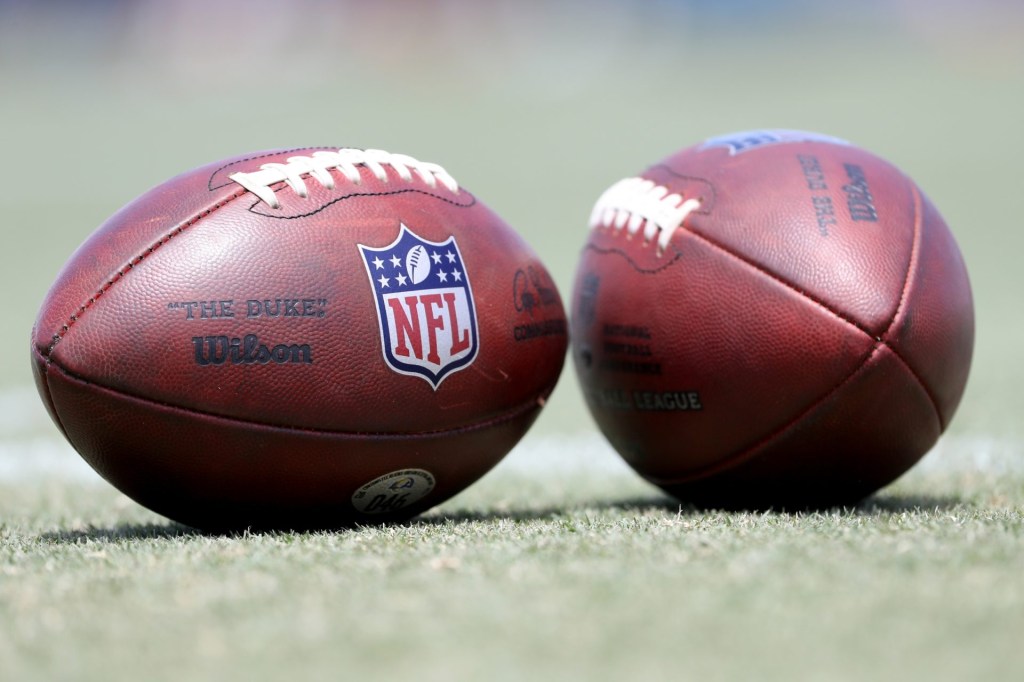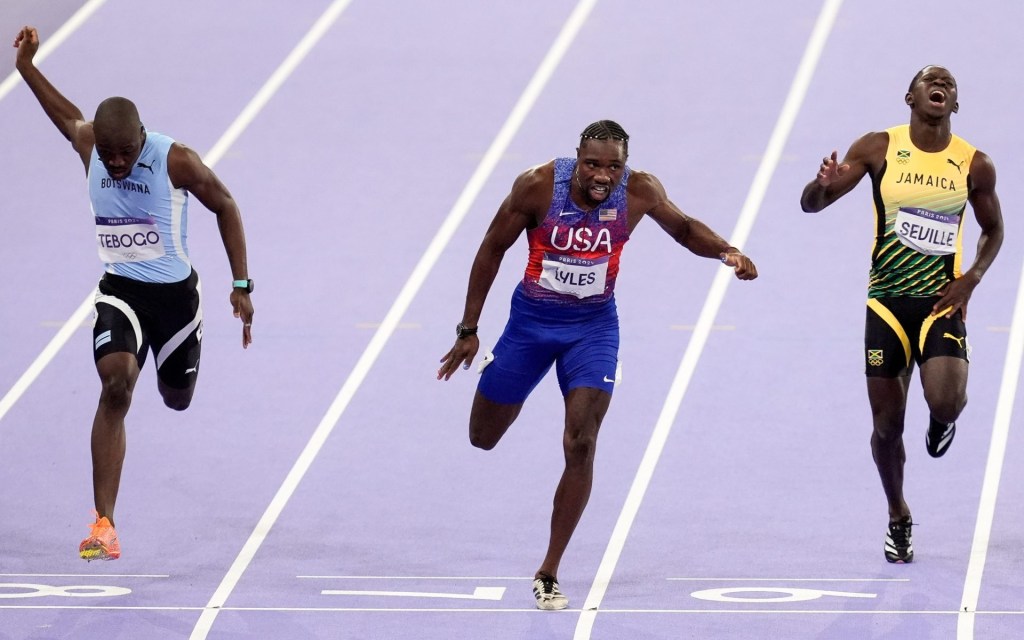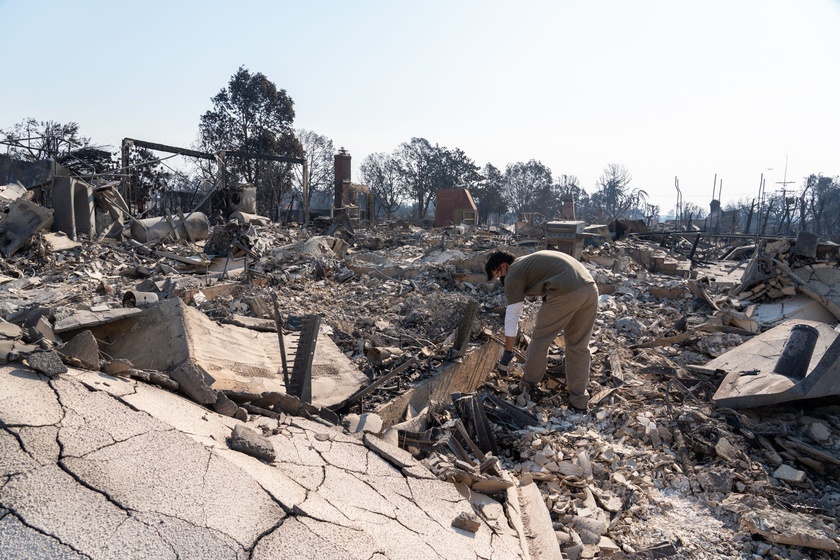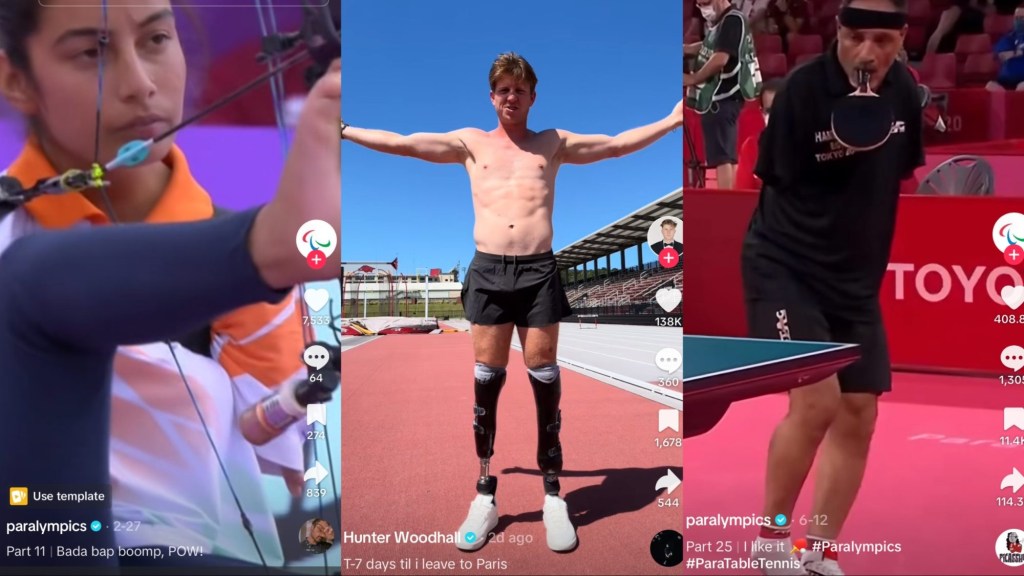Just weeks after the announcement of lacrosse’s inclusion in the 2028 Summer Olympics in L.A., the sport’s leaders are pushing for a significant modification to the competition – one that honors lacrosse’s origins.
The Haudenosaunee, a group of six Indigenous nations formerly known as the Iroquois, is petitioning the IOC to compete as its own team, solely in this sport. Among those backing the push: the U.S. White House, the international governing body World Lacrosse, the LA28 organizing committee, and the U.S. Olympic and Paralympic Committee.
President Joe Biden announced his support of the request Wednesday afternoon during the White House Tribal Nations Summit.
“Their ancestors invented the game. They perfected it for a millennium,” Biden said. “Their circumstances are unique and they should be granted an exception to field their own team at the Olympics.”
The move looks to reflect lacrosse’s creation by Indigenous people in what is now the U.S. and Canada, as well as the competitive status of the Haudenosaunee. An Indigenous team has been competing internationally in lacrosse since 1990. The men’s squad currently ranks third in the world, behind the U.S. and Canada, and the women’s squad is ranked eighth.
The IOC typically permits teams playing only as part of an official national Olympic committee such as the USOPC, and the request for Haudenosaunee inclusion is being framed as a “narrowly scoped exception” to those rules.
“I can’t think of a more worthy candidate for inclusion than a confederation that literally invented the sport and has some of the most elite men and women in the sport in their nation,” Tom Perez, White House senior advisor and director of intergovernmental affairs, told the Associated Press.
Fast-Moving Development
The Haudenosaunee effort represents a major acceleration of typical timetables for efforts within the Olympic movement. Lacrosse’s general inclusion in the Games required nearly two decades of active lobbying. But the Indigenous movement has developed largely in a matter of weeks, and advocates are pressing for an answer from the IOC well in advance of finalizing the lacrosse qualifying process in early 2025.
“I know it’s a bit of a challenge,” said Leo Nolan, executive director of the Haudenosaunee national team. “We want to make sure that [the IOC] understands the importance of lacrosse to our communities and to the world.”
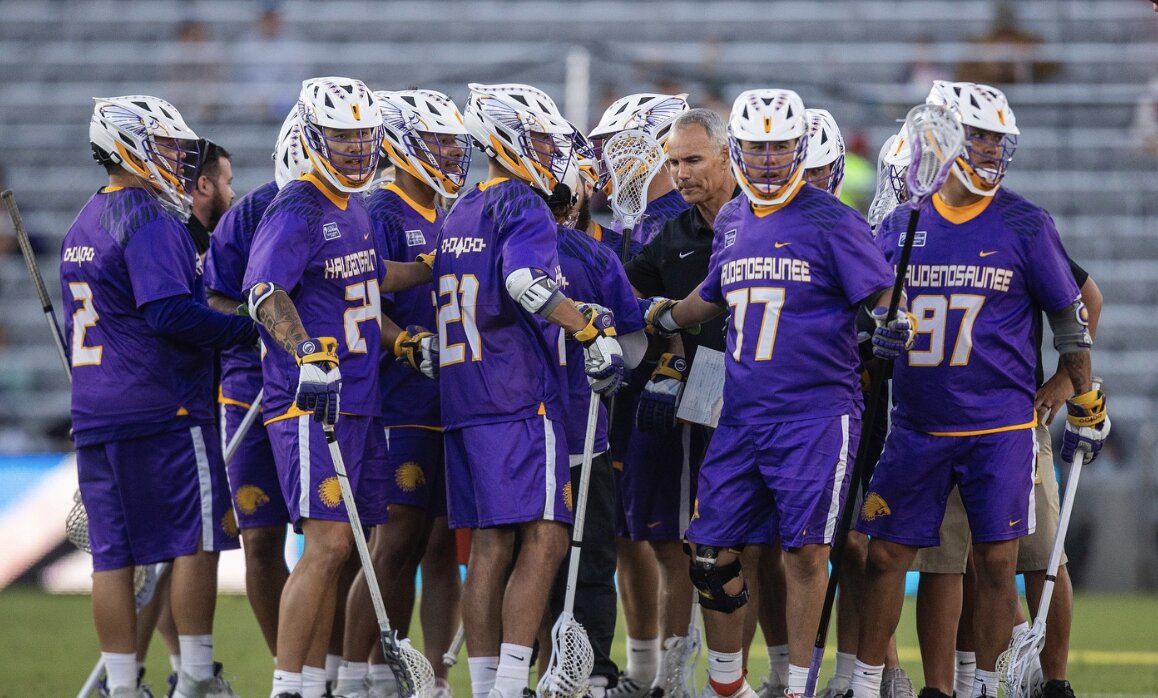

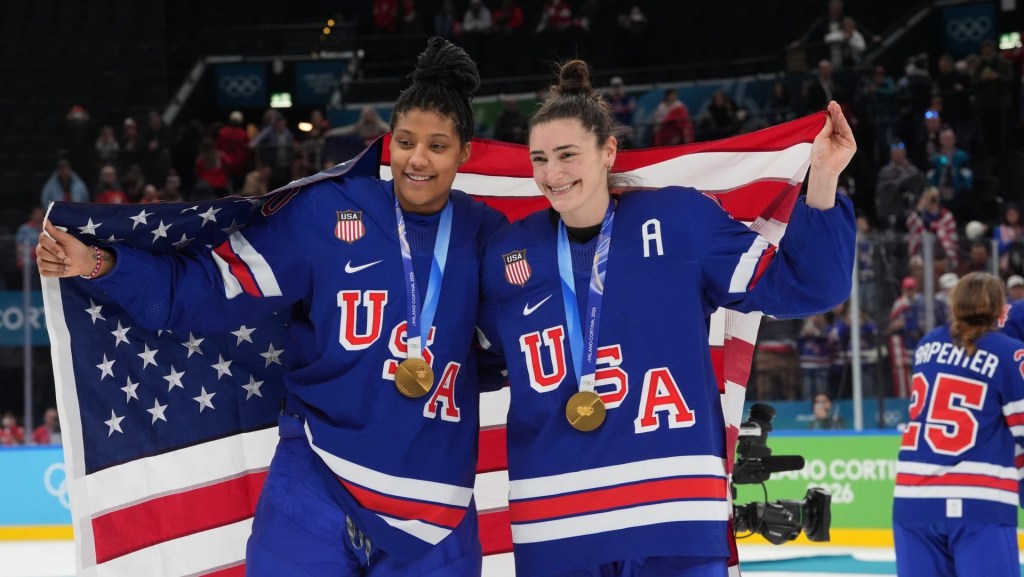
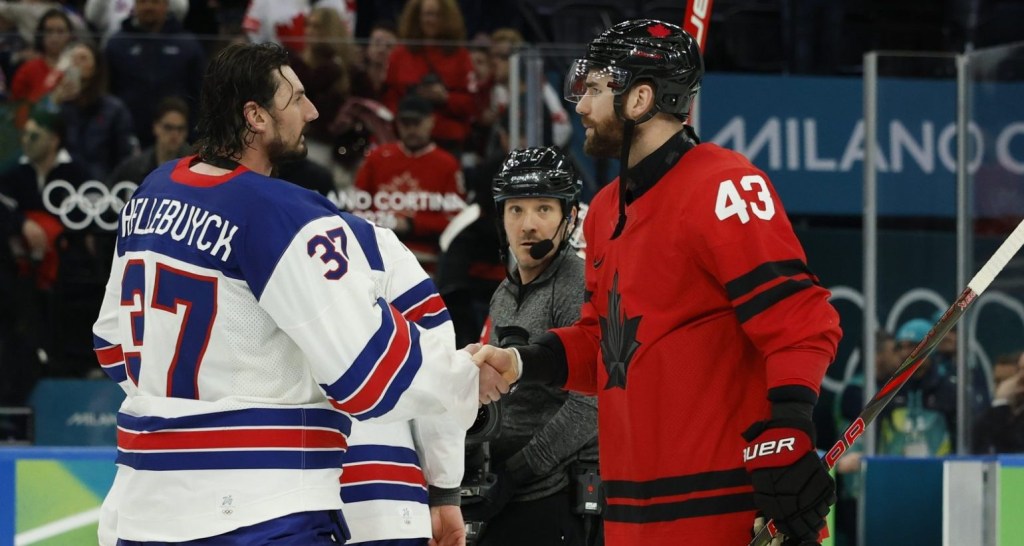
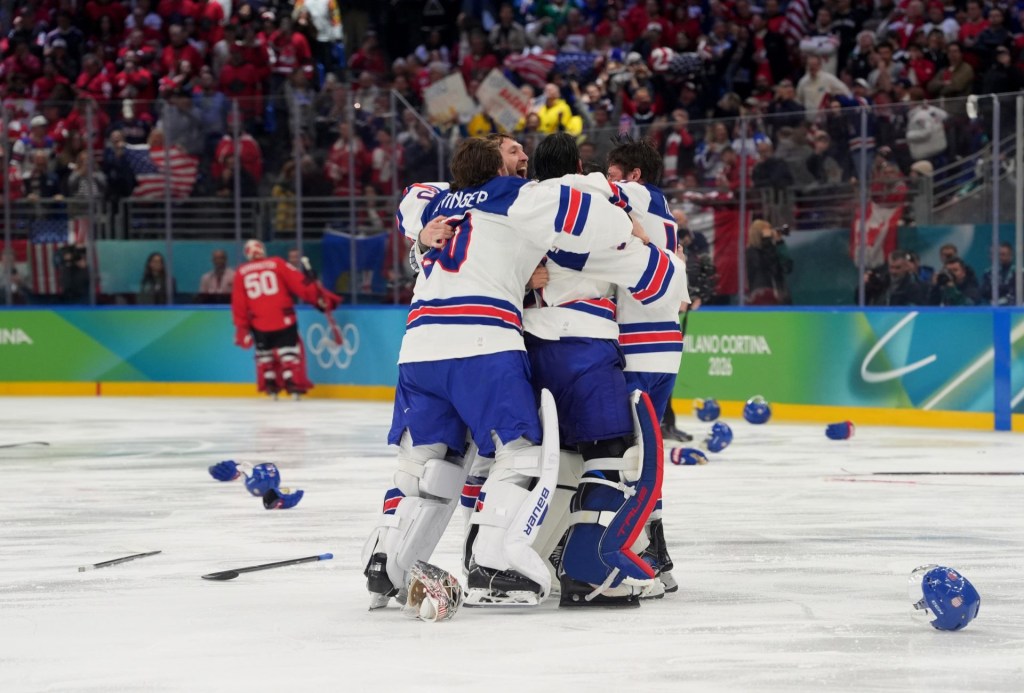


![[Subscription Customers Only] Jun 15, 2025; Seattle, Washington, USA; Botafogo owner John Textor inside the stadium before the match during a group stage match of the 2025 FIFA Club World Cup at Lumen Field.](https://frontofficesports.com/wp-content/uploads/2026/02/USATSI_26465842_168416386_lowres-scaled.jpg?quality=100&w=1024)
![[Subscription Customers Only] Jul 13, 2025; East Rutherford, New Jersey, USA; Chelsea FC midfielder Cole Palmer (10) celebrates winning the final of the 2025 FIFA Club World Cup at MetLife Stadium](https://frontofficesports.com/wp-content/uploads/2026/02/USATSI_26636703-scaled-e1770932227605.jpg?quality=100&w=1024)
